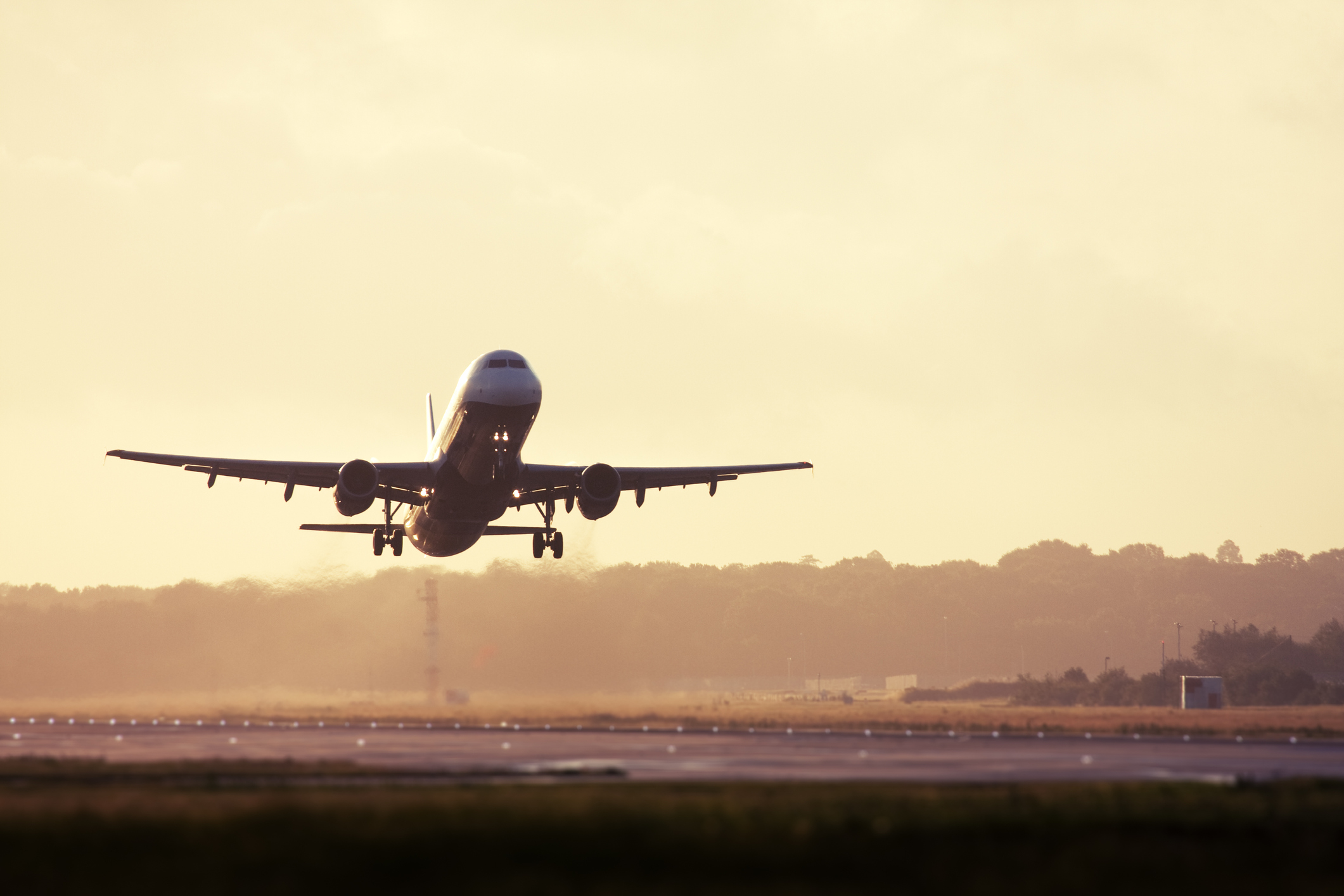AT&T, Verizon Agree to Slightly Modified 5G Rollout
Will temporarily defer lighting up some towers around airport runways; Verizon reportedly doing same

The smarter way to stay on top of broadcasting and cable industry. Sign up below
You are now subscribed
Your newsletter sign-up was successful
In an effort to finally roll out 5G service in the C-band spectrum it paid billions of dollars for while accommodating concerns about interference to aircraft safety systems, AT&T has agreed to take further, temporary precautions as it rolls out the service January 19. Verizon is also reportedly doing the same.
“At our sole discretion we have voluntarily agreed to temporarily defer turning on a limited number of towers around certain airport runways as we continue to work with the aviation industry and the [Federal Aviation Administration] to provide further information about our 5G deployment, since they have not utilized the two years they’ve had to responsibly plan for this deployment," said AT&T, clearly unhappy with the continuing push for delays by the airline industry.
The most recent was a letter from airline CEOs saying there would be chaos if wireless carriers AT&T and Verizon did not delay activating some towers near airports.
AT&T and Verizon have already delayed their rollouts from December to earlier this month (January 5), then again to January 20 as they got pushback from the FAA and the airlines, who want buffer zones around many airports at a minimum.
Altimeters use spectrum adjacent to the C-band spectrum. The FCC concluded that both could co-exist, but has since signaled there might need to be more guardrails.
“We are frustrated by the FAA’s inability to do what nearly 40 countries have done, which is to safely deploy 5G technology without disrupting aviation services, and we urge it do so in a timely manner,” an AT&T spokesperson said. “We are launching our advanced 5G services everywhere else as planned with the temporary exception of this limited number of towers.”
A Verizon spokesperson was unavailable at press time to comment on its next steps toward the January 19 rollout but the Times was reporting that Verizon, too, would limit the rollout on select towers near airports.
As he did for the last delay, President Biden weighed in with his approval, which suggested that Verizon had indeed also fallen in line.
“I want to thank Verizon and AT&T for agreeing to delay 5G deployment around key airports and to continue working with the Department of Transportation on safe 5G deployment at this limited set of locations,” said Biden, who has apparently been convinced by the airline industry of the potential ”chaos“ without the limited rollout. “This agreement will avoid potentially devastating disruptions to passenger travel, cargo operations, and our economic recovery, while allowing more than 90 percent of wireless tower deployment to occur as scheduled. This agreement protects flight safety and allows aviation operations to continue without significant disruption and will bring more high-speed internet options to millions of Americans. Expanding 5G and promoting competition in internet service are critical priorities of mine, and tomorrow will be a massive step in the right direction.”
The president said he and his “team” have been heavily involved in discussions among “wireless carriers, airlines, and aviation equipment manufacturers to chart a path forward for 5G deployment and aviation to safely co-exist — and, at my direction, they will continue to do so until we close the remaining gap and reach a permanent, workable solution around these key airports.“
FCC chairwoman Jessica Rosenworcel signaled she was pleased with the agreement.
“Next-generation 5G technologies will be the backbone of our economic future," said Rosenworcel. “Today’s agreement makes it possible to bring this technology to millions more consumers and businesses throughout the country starting tomorrow using the C-band. This is welcome news because we know that deployment can safely co-exist with aviation technologies in the United States, just as it does in other countries around the world. The FAA has a process in place to assess altimeter performance in the 5G environment and resolve any remaining concerns. It is essential that the FAA now complete this process with both care and speed.”
Republicans in Congress were not giving the Biden administration any props for its handling of the altimeter issue.
The smarter way to stay on top of broadcasting and cable industry. Sign up below
“The Biden administration has failed to provide any leadership to find a solution to this spectrum issue,” Republican ranking members on the relevant committees said. “The U.S. government has hardworking experts who can address any outstanding technical issues, but instead of leading, the White House has sleepwalked through this botched process. By lurching from one arbitrary deadline to the next with no clear plan or strategy for resolution, this Administration’s negligence continues to delay finding a lasting solution that improves our everyday wireless communication while protecting aviation safety.”
Issuing the statement were House Energy and Commerce Committee Ranking Member Cathy McMorris Rodgers (R-Wash.), Communications and Technology Subcommittee Ranking Member Bob Latta (R-Ohio), Transportation and Infrastructure Committee Ranking Member Sam Graves (R-Mo.), and Aviation Subcommittee Ranking Member Garret Graves (R-La.). ■
Contributing editor John Eggerton has been an editor and/or writer on media regulation, legislation and policy for over four decades, including covering the FCC, FTC, Congress, the major media trade associations, and the federal courts. In addition to Multichannel News and Broadcasting + Cable, his work has appeared in Radio World, TV Technology, TV Fax, This Week in Consumer Electronics, Variety and the Encyclopedia Britannica.

